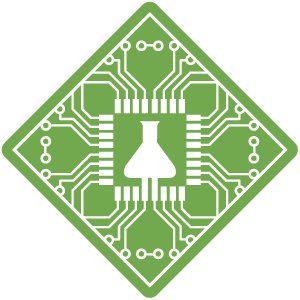Request Demo
Last update 29 Aug 2025

Insilico Medicine Shanghai Ltd
Last update 29 Aug 2025
Overview
Basic Info
Introduction InSilico Medicine (Shanghai) Ltd. was established on June 13, 2019. InSilico Medicine is a clinical-stage biopharmaceutical company powered by end-to-end artificial intelligence. The company focuses on unmet medical needs in areas such as cancer, fibrosis, immunity, central nervous system disorders, and age-related diseases, pushing forward and accelerating the development of innovative drugs. |
Tags
Neoplasms
Immune System Diseases
Digestive System Disorders
Small molecule drug
Chemical drugs
Disease domain score
A glimpse into the focused therapeutic areas
Technology Platform
Most used technologies in drug development
Targets
Most frequently developed targets
Corporation Tree
Boost your research with our corporation tree data.
login
or

Pipeline
Pipeline Snapshot as of 14 Feb 2026
The statistics for drugs in the Pipeline is the current organization and its subsidiaries are counted as organizations,Early Phase 1 is incorporated into Phase 1, Phase 1/2 is incorporated into phase 2, and phase 2/3 is incorporated into phase 3
Discovery
12
11
Preclinical
IND Approval
2
5
Phase 1
Phase 2
1
1
Other
Login to view more data
Current Projects
Login to view more data
Deal
Boost your decision using our deal data.
login
or

Translational Medicine
Boost your research with our translational medicine data.
login
or

Profit
Explore the financial positions of over 360K organizations with Synapse.
login
or

Grant & Funding(NIH)
Access more than 2 million grant and funding information to elevate your research journey.
login
or

Investment
Gain insights on the latest company investments from start-ups to established corporations.
login
or

Financing
Unearth financing trends to validate and advance investment opportunities.
login
or

AI Agents Built for Biopharma Breakthroughs
Accelerate discovery. Empower decisions. Transform outcomes.
Get started for free today!
Accelerate Strategic R&D decision making with Synapse, PatSnap’s AI-powered Connected Innovation Intelligence Platform Built for Life Sciences Professionals.
Start your data trial now!
Synapse data is also accessible to external entities via APIs or data packages. Empower better decisions with the latest in pharmaceutical intelligence.
Bio
Bio Sequences Search & Analysis
Sign up for free
Chemical
Chemical Structures Search & Analysis
Sign up for free

